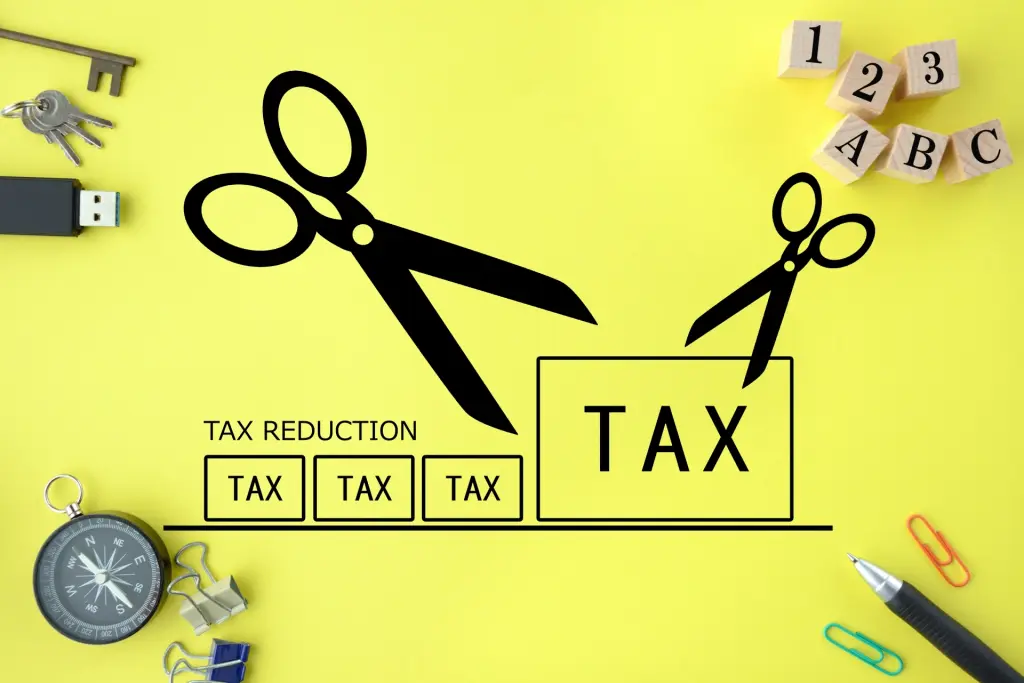Construction Scaffolding: Tax Savings on Equipment Rentals
페이지 정보

본문

Why Concentrate on Scaffolding?
Scaffolding can be expensive: a high‑rise tower scaffold may cost several thousand dollars per day in rental fees. Even though the item is temporary, its cost is a legitimate business expense. Moreover, scaffolding is a classic example of "equipment" that falls under the IRS’s depreciation and expensing rules. Understanding those rules can turn a daily rental into a larger tax benefit over the course of a project.
The Primary Tax Tools
Section 179 Deduction
Bonus Depreciation
Standard Depreciation (MACRS)
Expense Reimbursement Rules
Let’s examine each one.
Section 179 Expense Deduction
Section 179 allows a business to deduct the full purchase price of qualifying equipment in the year it is placed in service, up to a limit. But it applies solely to purchases, not rentals. The importance stems from the fact that many contractors buy scaffolding for occasional use. If you buy a scaffold used across multiple projects, you can write off the full cost right away, as long as the total cost of all qualifying equipment bought that year stays below the $1,160,000 threshold (phase‑out after $2,890,000). The deduction is capped at your taxable income from the business, but you can carry forward any excess. Renting scaffolding results in the rental fee being treated as an ordinary operating expense, fully deductible in the year incurred. While this is less generous than a Section 179 deduction, it still reduces taxable income by the rental amount.
Bonus Depreciation
Bonus depreciation permits a 100% first‑year deduction for qualifying property, irrespective of the Section 179 limit, as long as the property is new or used and has a recovery period of 20 years or less. Construction scaffolding purchased and placed in service after September 27, 2017, is eligible for full bonus depreciation. The Tax Cuts and Jobs Act phased bonus depreciation to 80% in 2023, 60% in 2024, 40% in 2025, and 20% in 2026, before it lapses. If you purchase a scaffold in 2025, you can still claim 40% of its cost in the first year, while the remainder is depreciated over its recovery period. Once more, bonus depreciation is limited to purchases. Rentals are treated as ordinary expenses. Nevertheless, if you decide to buy a scaffold for a long‑term project, bonus depreciation can accelerate your tax benefit.
Standard Depreciation (MACRS)
If you choose not to use Section 179 or bonus depreciation, the Modified Accelerated Cost Recovery System (MACRS) spreads the deduction over the asset’s useful life. Scaffolding is classified by the IRS as 5‑year property, allowing you to recover the cost over five years via double‑declining balance, shifting to straight line when beneficial. This results in larger deductions in the early years but smaller ones later. Typically, combining Section 179, bonus depreciation, and MACRS can cover the bulk of the cost in the first year.
Rental Expenditures
Because you’re paying a rental fee, the entire cost qualifies as a business expense. The IRS treats rental payments as ordinary and necessary, so you can deduct the full amount in the year it’s paid. Keep detailed records: invoices, timesheets, and a log of the scaffolding’s necessity. Should the IRS question your deduction, you’ll need evidence that the scaffolding was essential for the project.
Reimbursement and Expense Allocation
If you’re a subcontractor and your owner reimburses you for scaffolding rentals, the reimbursement is treated as income, and you can deduct the original expense. But if the owner pays you back at a higher rate (e.g., a markup), only the true rental cost is deductible. The extra amount becomes taxable income.
If a company owns multiple properties, rental expenses must be allocated to each specific project or job. The IRS requires that expenses be properly assigned to the correct tax reporting entity. A basic method is to implement a "job costing" system: log the date, hours, and cost per job. This approach also helps in estimating project profitability.
Frequent Pitfalls
When scaffolding is used for both business and personal projects, cost allocation is required. Only the business portion is deductible. Maintain separate invoices or a clear log.
The IRS requires records. Maintain invoices, lease agreements, and a daily log of scaffold usage. A three‑month retention period is advisable, but longer is better if you anticipate an audit.
If you purchase many pieces of equipment in a single year, you may hit the Section 179 cap. If that occurs, you must depreciate the excess via the standard MACRS schedule. Plan your purchases strategically to maximize the deduction.
Keep in mind that bonus depreciation is being phased out. If a big purchase is planned for 2025 or beyond, compute the expected deduction meticulously. Sometimes, using Section 179 or standard depreciation is preferable.
If scaffolding is wrongly classified as "office equipment" or "software," you may forfeit Section 179 or bonus depreciation eligibility. The IRS explicitly categorizes scaffolding as "construction equipment" for depreciation.
Contractor Practical Tips
{Keep a "Scaffolding Ledger."|Maintain a "Scaffolding Ledger."|Keep a
- 이전글Guide To Cheap Car Key Locksmith Near Me: The Intermediate Guide For Cheap Car Key Locksmith Near Me 25.09.11
- 다음글Why Buy A Registered Driver's License Without A Down Payment Isn't A Topic That People Are Interested In Buy A Registered Driver's License Without A Down Payment 25.09.11
댓글목록
등록된 댓글이 없습니다.

